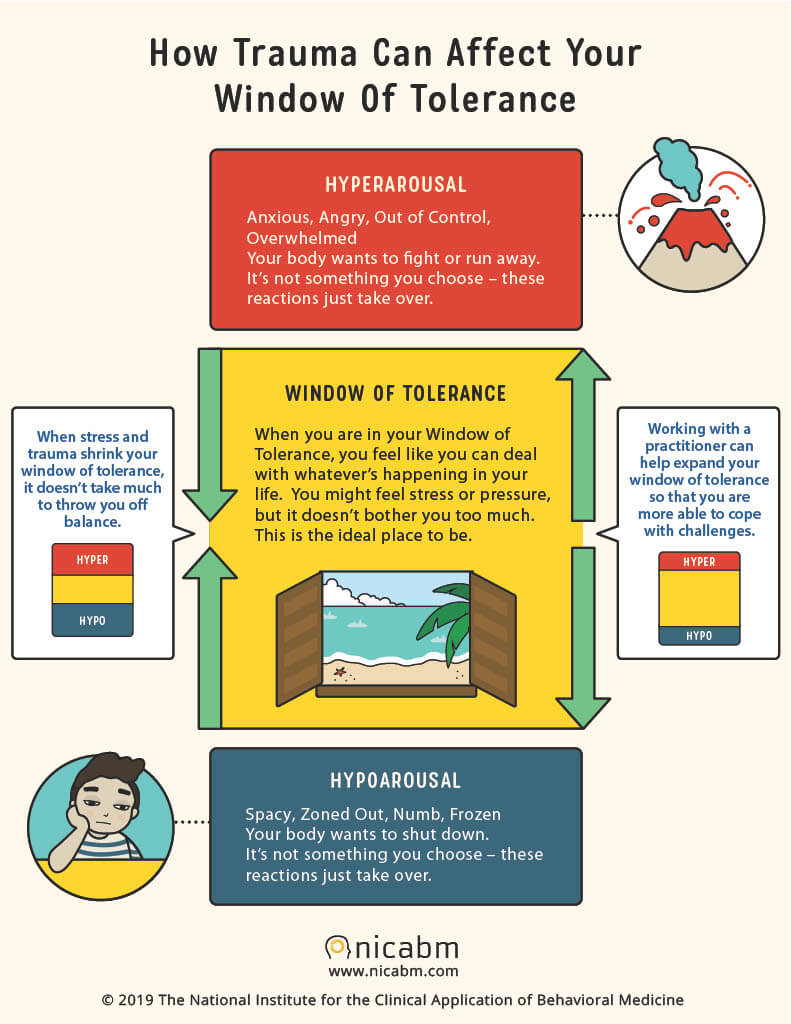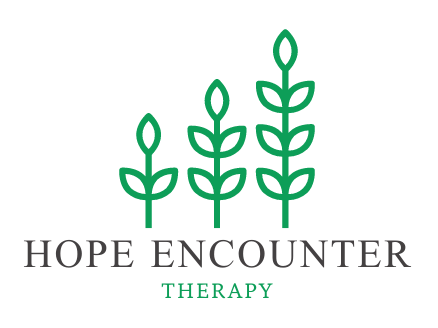Traditional talk therapy has helped countless individuals navigate emotional challenges, develop self-awareness, and build coping strategies. However, for some, it doesn’t lead to the deep healing they seek. Many people find themselves revisiting the same painful experiences without resolution, feeling stuck in cycles of anxiety, depression, or trauma responses. If you’ve been in therapy but struggle to make progress, it may not be because therapy doesn’t work—but because the approach isn’t the right fit for your brain and nervous system.
This is where EMDR therapy in Raleigh, NC offers a transformative alternative. Unlike talk therapy, which relies heavily on verbal processing, EMDR directly targets the brain’s trauma response system, helping to rewire unprocessed memories and reduce emotional distress. This blog explores why talk therapy doesn’t always work for everyone and how EMDR can be a better fit for those who feel stuck.

Why Talk Therapy Doesn’t Work for Everyone
Talk therapy, including modalities such as cognitive behavioral therapy (CBT) and psychodynamic therapy, helps many individuals process emotions and change thought patterns. However, it may not be effective for everyone, particularly for those dealing with deep-seated trauma. Here’s why:
-
Trauma is Stored in the Body, Not Just the Mind
One major limitation of talk therapy is that it primarily engages the brain’s logical and verbal centers. However, trauma isn’t just a thought—it’s a full-body experience. When trauma occurs, it gets stored in the nervous system, leading to emotional and physiological reactions that words alone can’t always resolve. Someone might intellectually understand their trauma, but their body continues to react with anxiety, panic, or emotional overwhelm. This disconnect can make it difficult for talk therapy to create lasting relief.
-
Recounting Trauma Can Reinforce Painful Memories
For some individuals, repeatedly talking about traumatic experiences can actually reinforce their emotional pain. Each time they revisit a distressing memory in therapy, it can activate the same physiological stress response, making them feel as if they are reliving the experience rather than healing from it. If the brain isn’t able to reprocess the memory properly, traditional therapy may feel like reopening wounds without finding closure.
-
The Brain’s Survival Mode Can Block Progress
When trauma is deeply ingrained, the brain’s survival mechanisms (fight, flight, or freeze) can override rational thinking. This means that no matter how much a person tries to “talk through” their trauma, their nervous system remains in a state of hypervigilance or shutdown. As a result, they may struggle to engage in therapy fully, experience memory gaps, or feel emotionally numb, making it hard to benefit from traditional methods.
-
Some People Struggle with Verbal Expression
Not everyone finds it easy to articulate their emotions and past experiences. Some individuals, particularly those who have endured early childhood trauma or dissociation, may have difficulty putting their feelings into words. Talk therapy relies heavily on verbal communication, which can be a barrier for those who struggle to express their inner experiences.

How EMDR Therapy Works Differently
EMDR therapy offers a solution for those who feel stuck in traditional talk therapy. It goes beyond verbal processing by working directly with the brain’s natural healing mechanisms to resolve trauma at its core.
-
EMDR Engages the Brain’s Natural Healing Process
EMDR works by using bilateral stimulation—typically guided eye movements, tapping, or auditory cues—to help the brain reprocess traumatic memories. This technique activates both hemispheres of the brain, mimicking the natural memory-processing function that occurs during REM sleep. Over time, the emotional intensity of distressing memories decreases, allowing individuals to recall past events without being overwhelmed by them.
-
EMDR Desensitizes Emotional Triggers
Unlike talk therapy, which requires extensive discussion of trauma, EMDR helps individuals process distressing experiences without needing to verbalize every detail. The therapy allows traumatic memories to become less emotionally charged, reducing symptoms such as anxiety, panic, or emotional numbness. Many clients experience relief in a shorter timeframe than they would with traditional therapy.
-
EMDR Helps Rewire the Nervous System
One of the most significant benefits of EMDR is its ability to restore balance to the nervous system. By reprocessing stuck trauma, EMDR reduces hypervigilance, emotional reactivity, and dissociation. Clients often find themselves feeling calmer, more present, and less triggered by past experiences.
-
EMDR Replaces Negative Beliefs with Empowering Ones
Many individuals carry negative beliefs rooted in trauma, such as “I am not safe,” “I am powerless,” or “I am unworthy.” EMDR helps rewire these thought patterns by reinforcing more adaptive beliefs, such as “I am strong,” “I am in control,” and “I am worthy of love.” This cognitive shift creates lasting emotional resilience and a greater sense of self-confidence.
Is EMDR Therapy Right for You?
If you’ve tried talk therapy but still feel stuck, EMDR might be the breakthrough you need. It is particularly effective for:
- Post-traumatic stress disorder (PTSD)
- Anxiety and panic disorders
- Childhood trauma and neglect
- Relationship and attachment wounds
- Phobias and fears
- Chronic stress and burnout
EMDR doesn’t require a person to relive every detail of their trauma or spend years in therapy to see results. Many people notice significant improvements in just a few sessions.
Final Thoughts
Talk therapy can be incredibly beneficial, but it’s not the right fit for everyone—especially those with deep-seated trauma that resists traditional approaches. With the help of a skilled EMDR therapist, EMDR offers a powerful alternative by engaging the brain’s natural healing process, desensitizing emotional triggers, and replacing negative beliefs with empowering ones. If you’ve felt stuck in your healing journey, exploring EMDR with one of our trained therapists at Hope Encounter Therapy could be the key to unlocking real, lasting relief.
Healing is possible, and EMDR provides a scientifically backed pathway to help you move beyond trauma and reclaim your life.

Heal with EMDR Therapy in Raleigh, NC
At Hope Encounter Therapy, we specialize in EMDR therapy in Raleigh, NC, to help you process distressing memories and overcome past traumas. Our compassionate therapists are here to support you in finding relief and building a brighter future. Take the first step toward healing—schedule your EMDR therapy session with Hope Encounter Therapy. Follow these three simple steps to get started:
- Contact us for a free consultation.
- Meet with one of our skilled EMDR therapists.
- Begin to find relief soon!
Additional Services Offered at Hope Encounter Therapy
At Hope Encounter Therapy, we are dedicated to supporting individuals and couples on their personal healing journeys. While EMDR therapy is a key part of trauma recovery, we understand that no two paths to healing are the same. That’s why we also provide Somatic Experiencing, Cognitive Processing Therapy (CPT), and Narrative Therapy, tailoring our approach to fit your unique needs. Our individual therapy services focus on trauma recovery, and our blog offers helpful insights, practical strategies, and ongoing mental health support.


